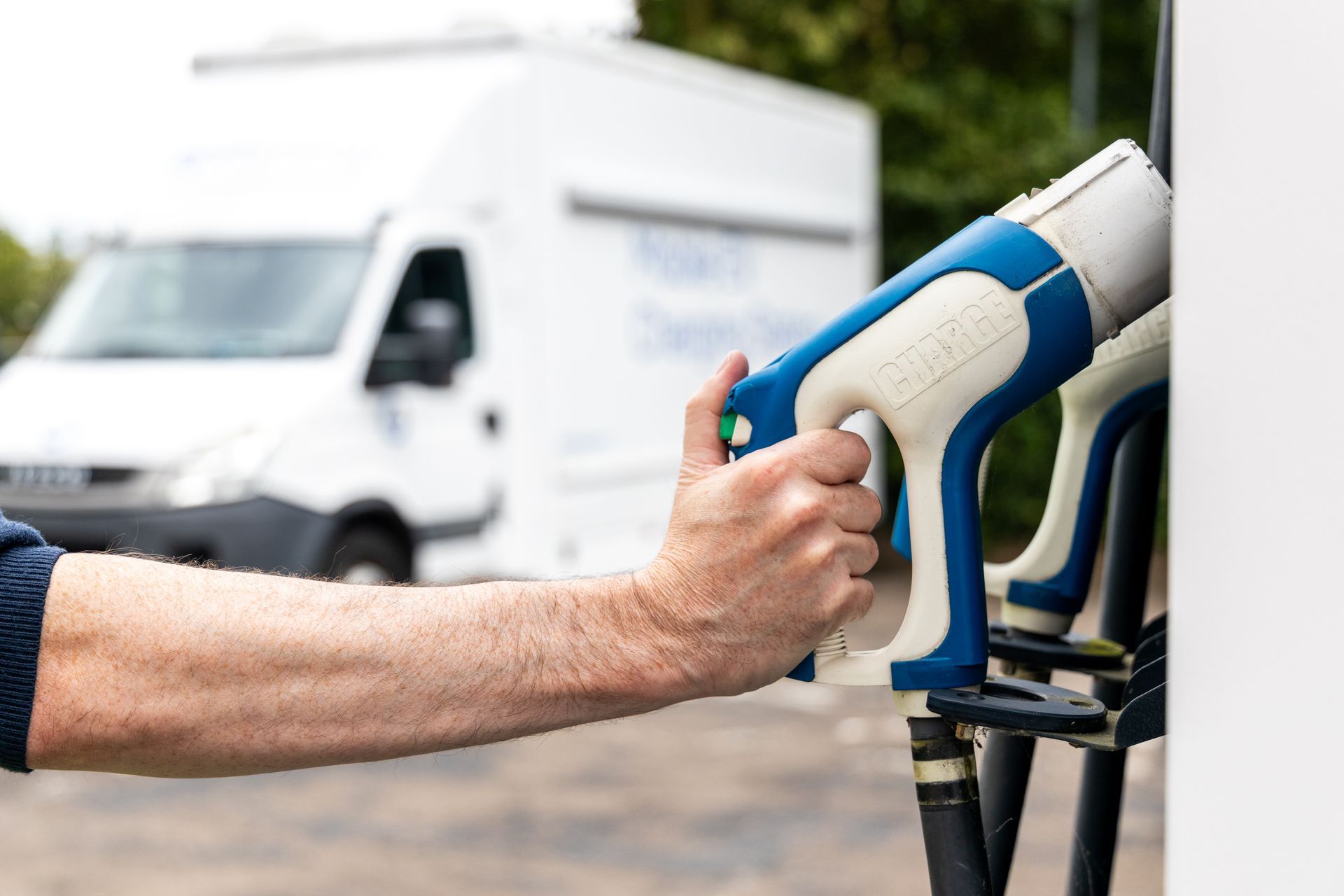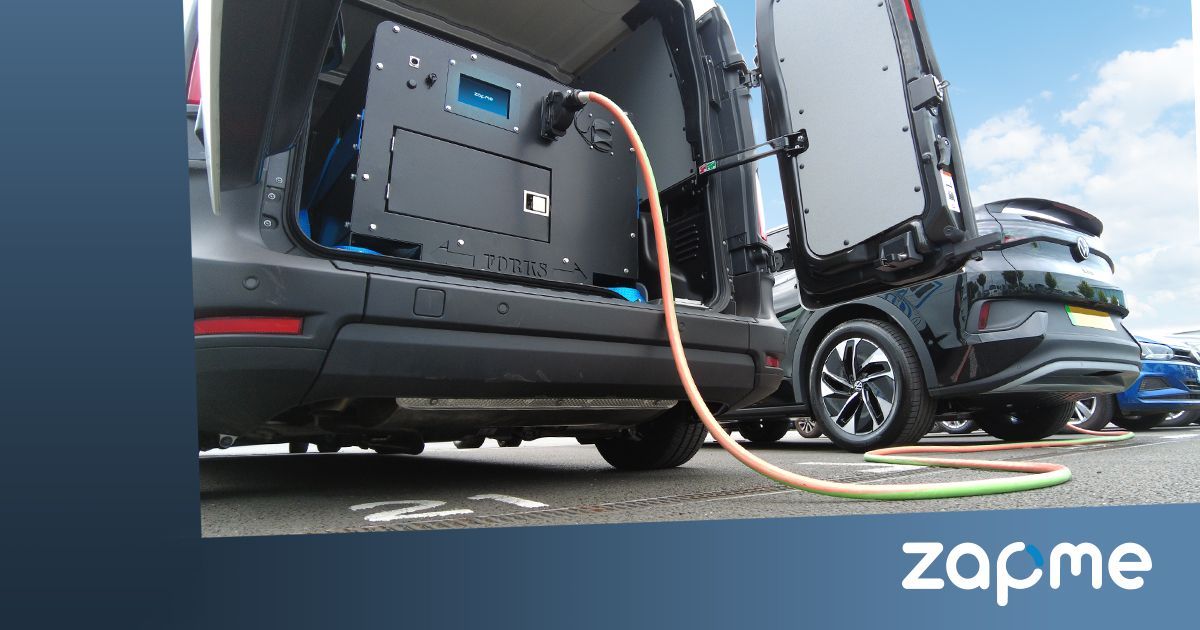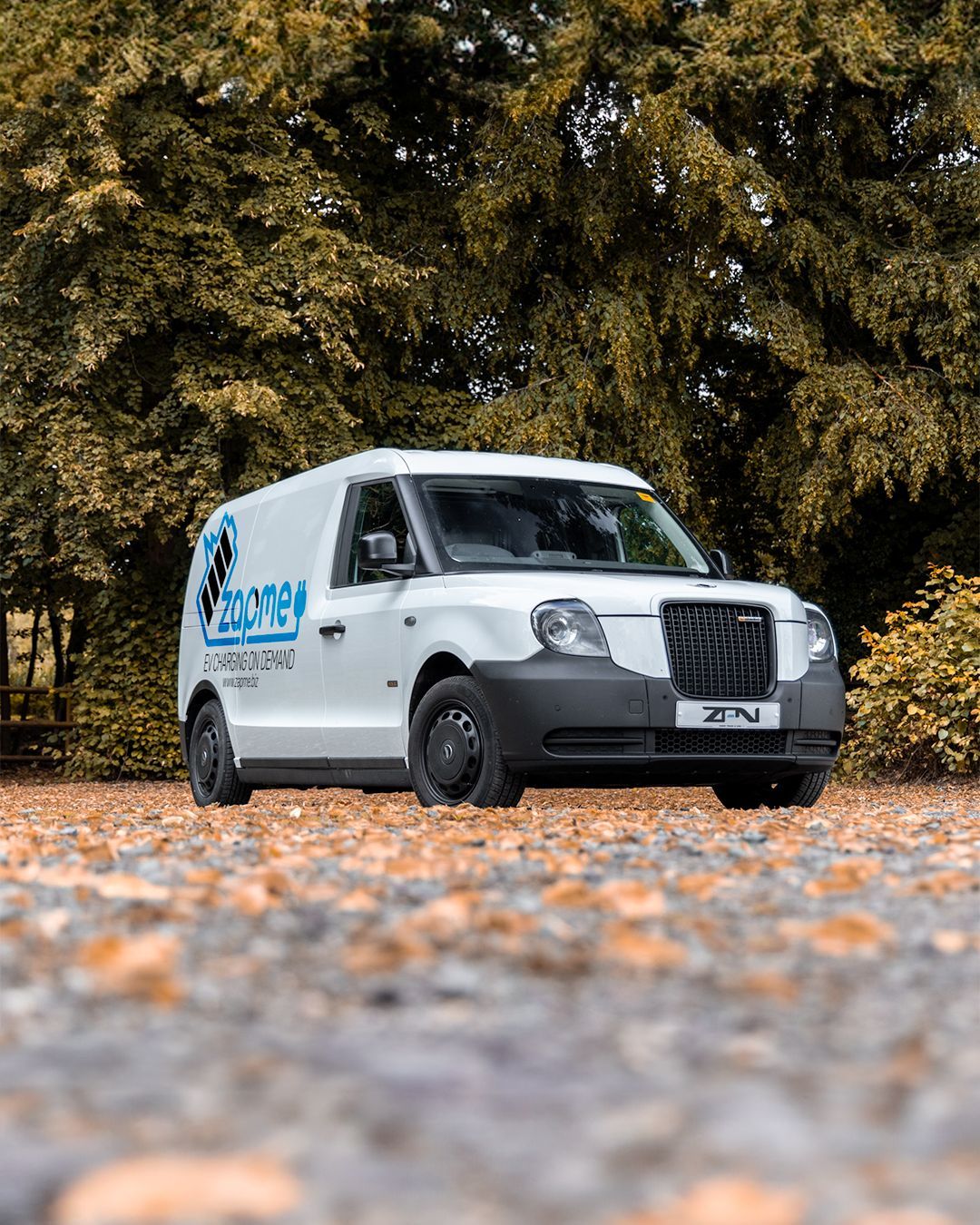Fossil Fuel Cars Will Soon Be Dead And Buried, According To DfT
The DfT has now announced that they intend to restore the original 2030 phase-out date for the sale of new petrol and diesel cars.
The Transition to Electric Vehicles: 2030 Phase-Out of Fossil Fuel Cars
The shift towards greener transportation is gaining momentum in the UK, with significant policy updates shaping the future of fossil fuel vehicles. While Boris Johnson's government initially set a 2030 phase-out date for internal combustion engine (ICE) cars, Rishi Sunak later pushed this deadline to 2035. However, the Labour government plans to reinstate the original 2030 date, aligning with its election manifesto commitments to phase out fossil fuel vehicles.
The Rise of Electric Cars
Under the proposed 2030 phase-out, all new fossil-fueled cars will be replaced by zero-emission alternatives. This transition is already underway, with electric vehicles (EVs) accounting for 19% of all vehicle registrations in June this year. This surge in EV adoption highlights growing public interest in moving away from fossil fuels for cars and embracing cleaner, greener technologies.
Challenges for Larger Vehicles and Hybrids
The picture becomes more complicated for larger vehicles and hybrid options. The Department for Transport (DfT) has yet to confirm if the 2030 phase-out will extend to vans and plug-in hybrid electric vehicles (PHEVs), both currently slated for a 2035 deadline. Adoption of electric vans remains slow, making up just 4.7% of new light van registrations. Addressing this gap is crucial to reducing fossil fuels in cars and achieving a comprehensive transition.
Encouraging the Adoption of Electric Vans
Efforts to boost the adoption of electric vans are underway. Manufacturers now face a mandate requiring at least 10% of their new van registrations to be zero-emission vehicles in 2024. Additionally, the Zero Emission Van Plan, introduced in February 2024 at the Houses of Parliament, outlines actionable steps to make electric vans a viable option. These measures include:
- Expanding and enhancing EV charging infrastructure.
- Removing regulatory barriers.
- Providing fiscal support to ensure affordability for operators.
The plan, supported by major industry players like Stellantis and the Fleet News Fleet200 Strategy Network, has been submitted to Transport Secretary Louise Haigh for further action.
Overcoming Infrastructure Challenges
A robust EV charging network is essential to accelerate the phase-out of fossil cars. Innovative solutions, such as ZPN's rapid and ultra-rapid EV charging technology, are pivotal in addressing this challenge. By integrating power-boosted chargers, the government can support faster, more efficient, and convenient charging for drivers. This technology also provides the necessary capacity to charge larger vehicles like vans and trucks reliably, making the transition to electric vehicles more practical for businesses and individual users alike.
A Cleaner, Greener Future
Despite challenges, the shift away from fossil fuel cars is well underway. The phase-out of fossil fuel vehicles by 2030, paired with enhanced energy infrastructure and support for zero-emission vans, sets the stage for a sustainable transport industry. Explore how
ZAPME’s innovative EV charging solutions can revolutionise your car park with efficient and cost-effective charging options. From rapid chargers to integrated car park systems, ZAPME supports the UK’s transition to cleaner, greener transport. Visit
ZAPME to learn more about transforming your charging infrastructure today.










